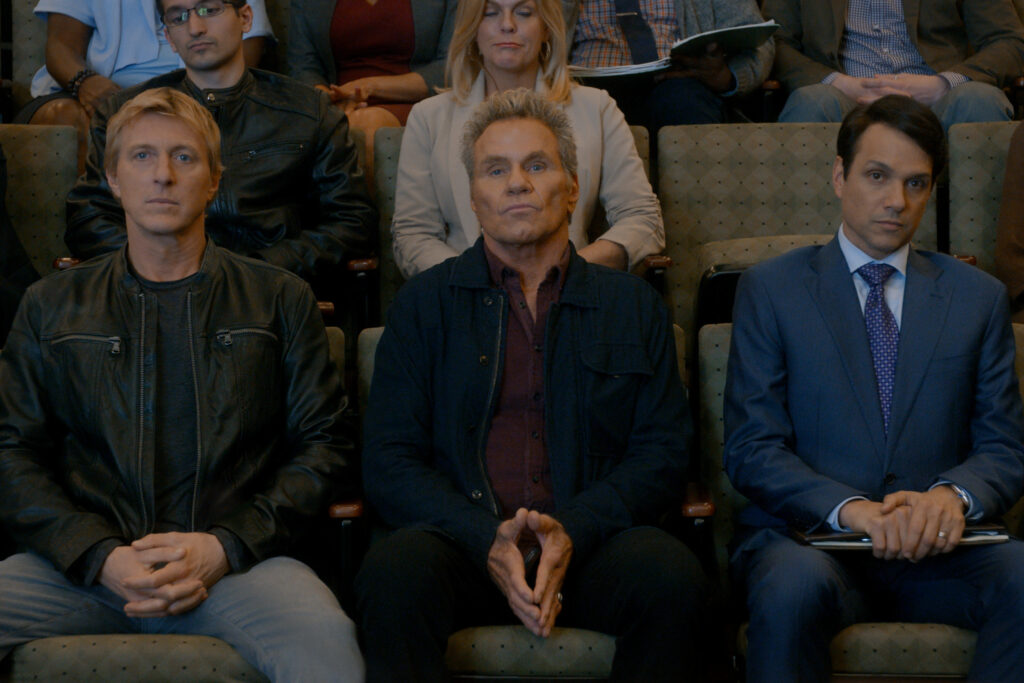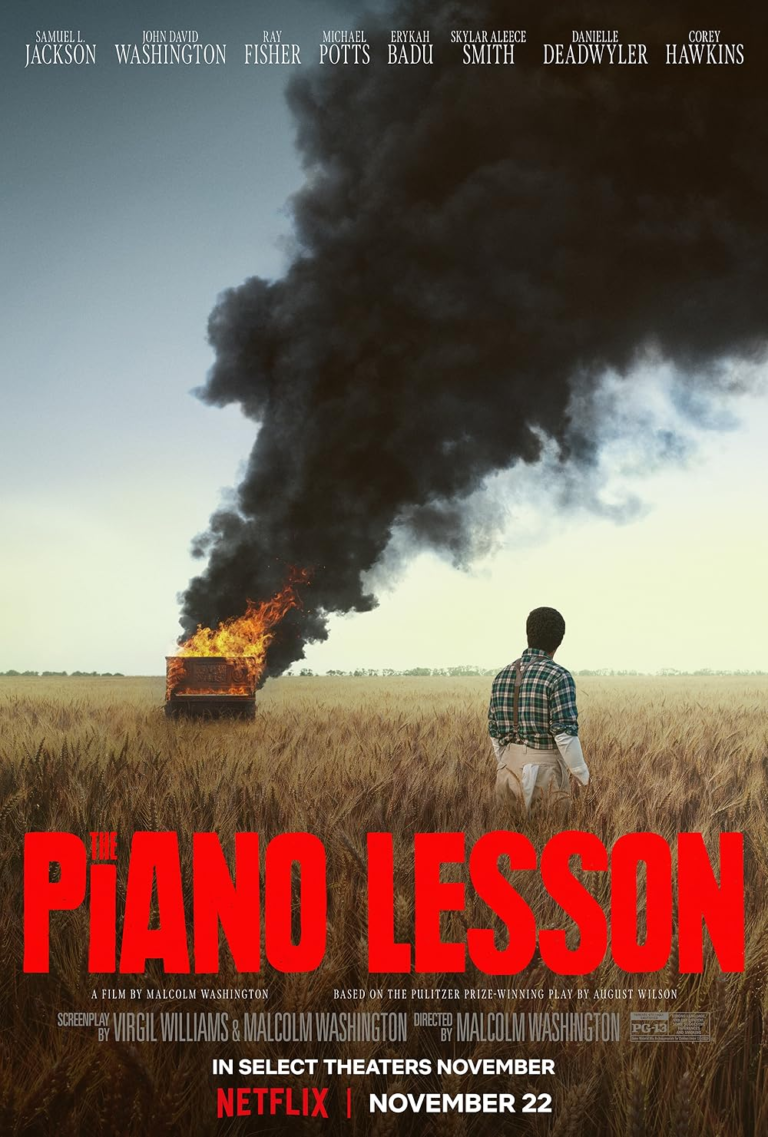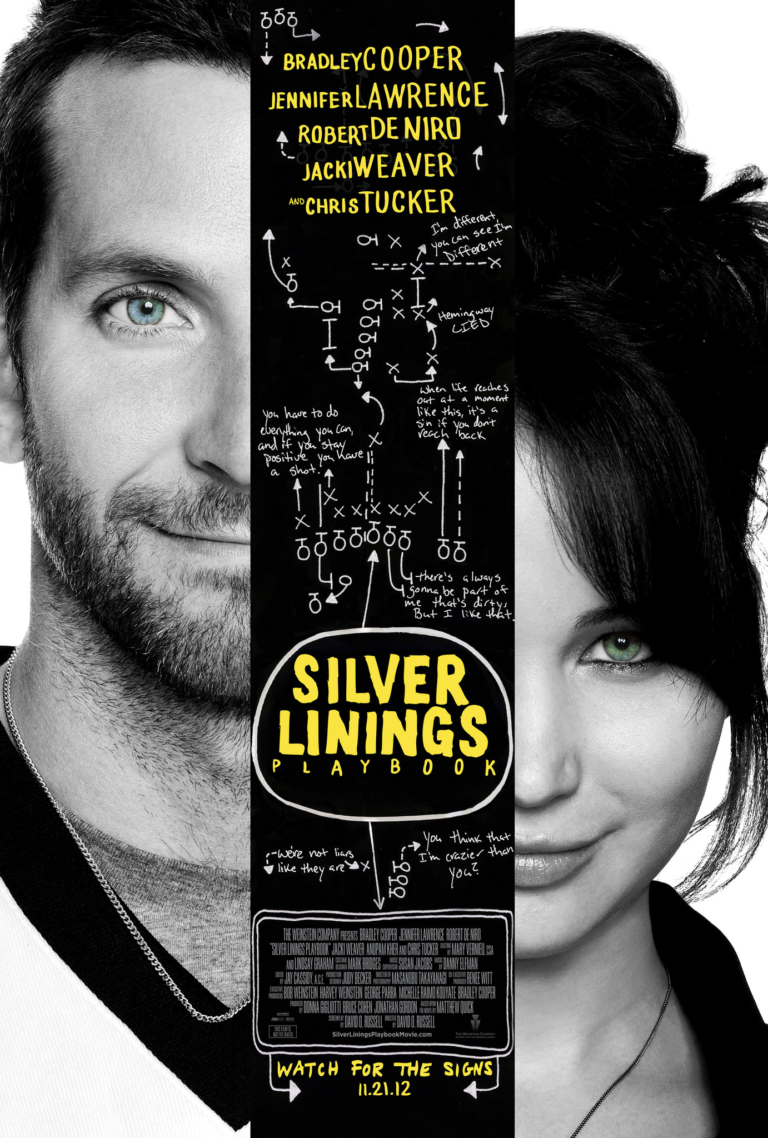Cobra Kai Christian Review

Imagine a narrative where old nemeses are woven into everyday life once again, matured so beyond mere bodily disputes to find deeper existential dilemmas. “Cobra Kai” also looks into the lives of Johnny Lawrence and Daniel LaRusso decades after their rivalry in the 1984 All-Valley Karate Tournament. The story takes special meaning, following these middle-aged characters who have faced bouts of personal demons, now struggling with redemption and second chances.
Johnny Lawrence: From Rock-Bottom to Redemption
The high school karate champion, Johnny Lawrence, is now an unemployed handyman haunted by regrets and lost opportunities. One day, his life changed when he saved Miguel Diaz, a bullied teenager, from his harassers. It is this encounter that prompted Johnny to reopen the largest evil dojo in karate history: Cobra Kai. He wishes to spread discipline somewhat like what he once learned. To Johnny, Cobra Kai represents something entirely different from a school in martial arts; for him, it symbolizes a new hope—something that would bridge him into his glory days.
When Johnny reopens Cobra Kai, he inadvertently fires up his old rivalry with Daniel LaRusso. Outside, Daniel seems to be greatly in business, though inside, the death of his very important mentor, Mr. Miyagi, has him torn. This loss has Daniel searching for balance in life, most importantly in his relationships with family and friends. As tensions between Johnny and Daniel come to a head, it bleeds into the lives of their students, portraying how unsettled malice can spread from one onto another.
Daniel LaRusso’s Journey: Grief, Mentorship, and Legacy
For Daniel LaRusso, the reopening of the Miyagi-do dojo involves revisiting aspects of his mentor and father figure: he would like to keep the memory of Mr. Miyagi alive. Hence, through his lessons in karate techniques but also in general actions of integrity, discipline, and compassion for his daughter, Samantha, and Johnny’s son, Robby Keene, the dojo is contrasted a great deal with the occasionally harsh methods Johnny uses at Cobra Kai.
Daniel’s character emphasizes mentorship and legacy in a way that resonates with the critical teachings of Christianity, such as passing on experience and values from one generation to the next. His commitment to guiding young minds reflects the wish for instilling virtues of forgiveness, humility, and perseverance, all fitting very well under the grace and redemption domains within Christianity.
Rivalry and Reconciliation: Lessons in Forgiveness
Herein, the rivalry that cooks up between Johnny and Daniel provides the narrative thread throughout the series as it uncovers elements of forgiveness and reconciliation. Both characters reckon with mistakes from their past and the consequences that follow in the wake of actions taken. It becomes a far-reaching, rather poignant reflection on the human condition and its universal need for grace.
From the viewpoint of a Christian, Cobra Kai raises the moral examination of forgiveness and its redemptive point of reconciliation. It challenges the secular view of holding grudges by urging a pathway of healing, restoration, and seeking peace. The dynamics between Johnny and Daniel work as a cautionary call, reminding us how unresolved conflict is very destructive and seeking peace, very important.
Ethical Dilemma and Moral Growth
Beyond its martial arts action and great rivalries, “Cobra Kai” delves into deeper ethical dilemmas and moral growth. Characters are placed facing choices that drive home principles and values and make them look deep into their weak and vulnerable moments. This theme of self-realization echoes in different viewers, reflecting on the outcome of our actions and the possibility of personal development and redemption.
The plot is further complicated by characters such as Miguel and Robby, who get trapped between Mentors at a time when their mentorship turns rival. Coming of age, these young protagonists struggle with identity, loyalty, and morality— issues most young people struggle with today. Through their stories, “Cobra Kai” is full of lessons concerning negative characteristics of mentorship and the impact of parental figures on the lives of children, which resonates with Christian principles on raising and guiding the next generation.

The Worth of Discipline and Self-Control
While “Cobra Kai” focuses on rivalry and redemption, it brings into sharp relief the discipline and self-control that this series stresses. In addition to fighting, it is a martial art related to one’s mental and spiritual self-discipline. Characters like Miguel and Samantha have learned to temper their abilities. This, therefore, lay a hidden suggestion of using gifts responsibly and with restraint.
This portrayal is very close to the Christian virtue of self-discipline and stewardship of talents bestowed upon all. It beckons everyone to his or her higher calling of how all can turn their strengths and abilities toward the service of humanity, upholding moral principles even in the face of adversity.
Conclusion: Reflections on Faith and Redemption
Overall, “Cobra Kai” is soaked in selfsame themes dancing to the rhythm of redemptive, forgiving, and grace-driven Christian tenets. Born from participatory journeys, Johnny Lawrence and Daniel LaRusso open up the series to provoke each and every viewer to reflection on one’s personal life and relationship, beckoning all towards light for reconciliation and doorways to new personal growth and moral rejuvenation.
Rating: 8/10
Overall, “Cobra Kai” is a powerful story that puts action-filled drama into deep moral lessons. It beckons viewers through self-introspection and discovery to learn about the convoluted personality of man and the universal longing toward meaning and redemption. For Christians and non-Christians alike, the exploration that the series does regarding timeless themes is deep: faith, forgiveness, and timeless quest for meaning and reconciliation in a world bracketed by rivalry and redemption.





